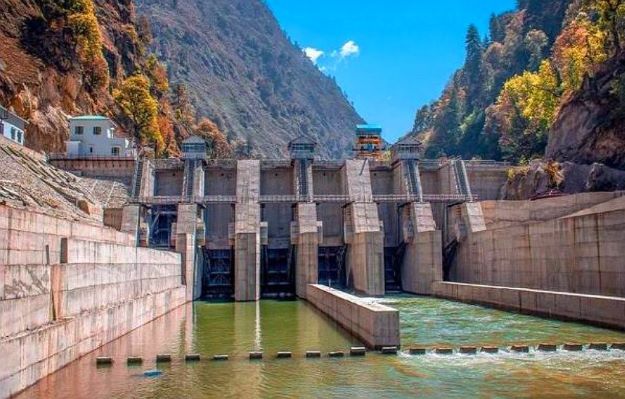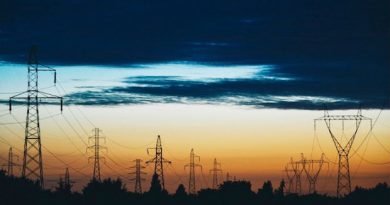Hydropower at the Heart of Climate Action: IRENA

Hydropower is the largest source of renewable electricity worldwide and advancing its deployment is essential in driving the energy transition forward. This week’s High-Level Meeting of IRENA’s (International Renewable Energy Agency) Collaborative Framework on Hydropower brought together decision-makers with insights on hydropower to facilitate exchange of knowledge and identify concrete actions that allows hydropower to fulfil its role as an enabler of the decarbonisation of energy systems.
The meeting took place on the sidelines of the World Hydropower Congress hosted by the Government of Costa Rica. With more than 150 attendees from 42 countries, the virtual meeting witnessed a high level of engagement to take advantage of the knowledge and expertise that exists within IRENA and its global Membership. The session was moderated by Mr. Jean-Christophe Fueeg, Head of International Energy Affairs at the Swiss Federal Office of Energy, and one of the co-facilitators of the Framework together with Costa Rica.
Providing the opening remarks, IRENA’s Director-General Francesco La Camera said: “We have to urgently step up action on all fronts of the energy transition to achieve the climate and sustainable development goals. Hydropower has a key role to play, enabling the integration of increasingly large shares of variable renewables and providing climate resilience.” Indeed, the Agency’s World Energy Transitions Outlook confirms that a climate safe 1.5C pathway would require 2,900 GW of installed hydropower capacity by 2050 – more than double of the installed capacity today.
In his scene-setting speech, the Former Australian Prime Minister Malcolm Turnbull added: “The need for long-duration energy storage is the ignored technological crisis within the climate crisis. The only proved low-carbon technology for storing electricity for longer periods is hydropower. We need substantially more wind, solar and hydropower.”
The event featured a high-level expert panel comprised by representatives of the African Union, the Latin American Energy Organization, the United States Department of Energy and the World Bank.
The panel discussed some of the most pressing needs for hydropower including the need to ensure sustainability, to quickly secure large investments to deploy new capacity and refurbish a large share of today’s aging fleet, and the need for new business models and market frameworks that adequately reward the full range of services provided by hydropower beyond power generation.
Member countries echoed the points highlighted in the panel, recognizing hydropower as a fundamental pillar of the clean energy transition and critical to the achievement of the Paris Agreement’s goals, and highlighting the role of IRENA as a hub for knowledge and best practices, as well as in enabling international cooperation.
Concluding the session, the International Hydropower Association CEO Eddie Rich urged countries to take action and join efforts to ensure the increased deployment of hydropower and support efforts such as the San José Declaration on Sustainable Hydropower.




